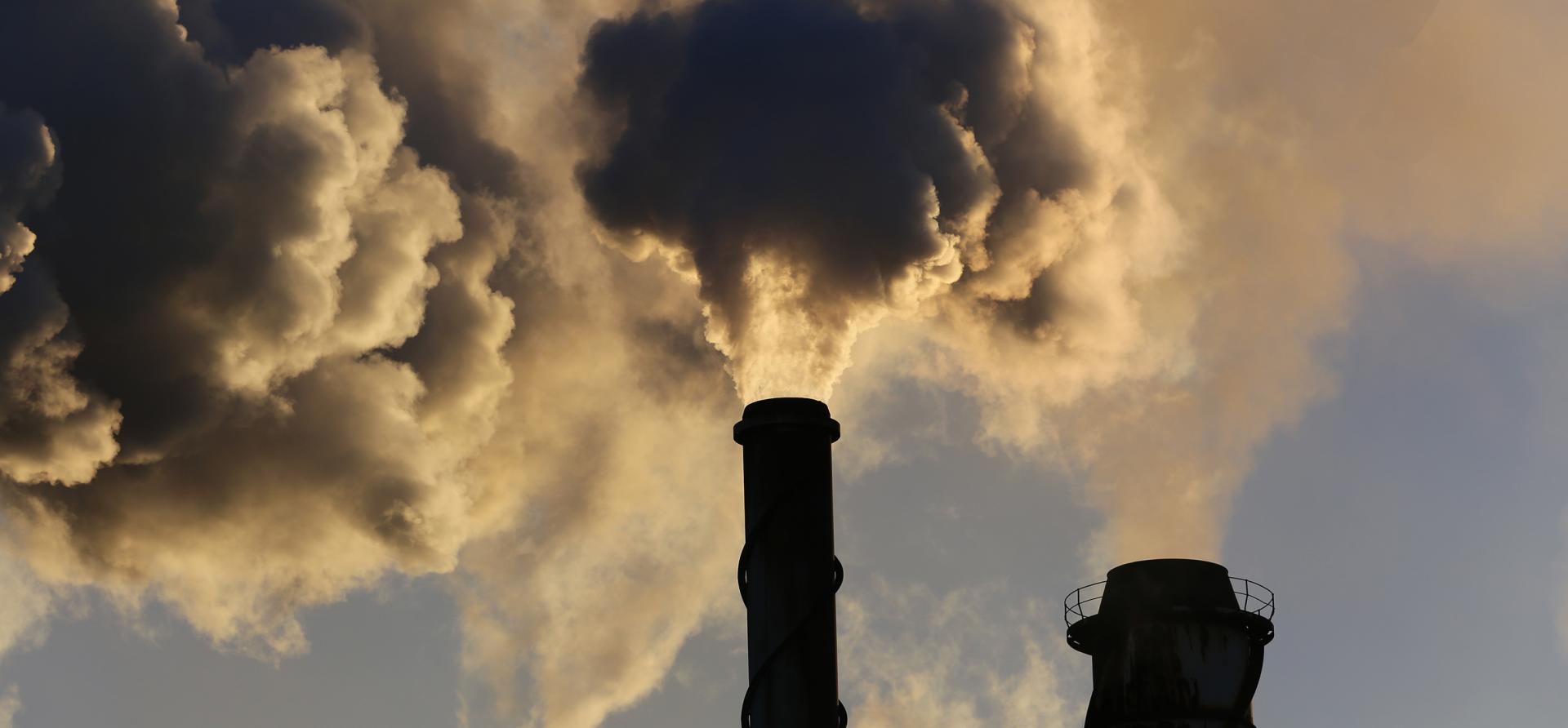Submission to Energy Ministers Australia regarding the Orderly Exit Management Framework Consultation
Download Full Version

2 February 2024
To: Energy Ministers
RE: Orderly Exit Management Framework Consultation
Dear Energy Ministers of NEM Jurisdictions,
Thank you for the opportunity for the Institute for Energy Economics and Financial Analysis (IEEFA) to provide input into the Orderly Exit Management Framework consultation. IEEFA is an energy finance think tank that examines issues related to energy markets, trends, and policies. The Institute’s mission is to accelerate the transition to a diverse, sustainable and profitable energy economy.
IEEFA’s understanding is that coal power stations need to come out of the system faster than has been planned, in order to meet emissions reduction goals. The Australian Energy Market Operator (AEMO)’s Draft 2024 Integrated System Plan (ISP) forecasts coal power stations will exit two to three times faster than their announced dates, which would be in line with a 1.8-degree trajectory. To keep in line with 1.5 degrees would require even faster coal exits.
Governments and the energy industry need to focus on building renewables and storage as quickly as possible to replace coal power plants, while also encouraging greater use of cost-effective options to reduce or shift demand to reduce the need for power supply capacity. Once enough renewables and storage are built to ensure reliability, coal plants should close as soon as possible.
We believe there is merit in exploring options to ensure reliability as coal exits and to help deliver an orderly transition. We outlined various such mechanisms in a paper There’s a Better Way To Manage Coal Closures Than Paying To Delay Them. In particular, developing additional system reserves could be a good option for the NEM to explore further at this point in time, as well as financial bond mechanisms to penalise owners of ageing power stations if they do not adhere to minimum reliability performance requirements or elect to close without providing adequate notice.
However, the implementation of an OEMF or any other method for propping up the ongoing operation of a coal generator is subject to considerable pitfalls and risks that make it undesirable and ideally such a mechanism should be avoided.
If an OEMF type mechanism is implemented, any such mechanism needs to examine all other options before subsidising coal- or gas-fired power stations to stay open, given the urgency of emissions reduction. It needs to make sure that any payment to emissions intensive generators does not incentivise levels of generation beyond what is absolutely necessary to ensure power reliability is maintained at satisfactory levels. It also needs to make every effort to reduce costs to consumers, and keep any risk with the entity that is facing the risk and can manage the risk, rather than transferring risk to consumers. In this submission we have outlined a potential structure for the commercial component that could address these objectives. However, we acknowledge that the potential structure we have outlined, and all similar structures have the potential for significant flaws and are best avoided.
In our submission we provide IEEFA’s detailed view on various sections of the consultation paper. We also summarise our high-level comments on the OEMF below. Please get in touch in case of any questions.
Kind regards,
Johanna Bowyer – Lead Analyst, Australian Electricity
Tristan Edis – Guest Contributor, IEEFA
Submitted via email on 2 February 2024















